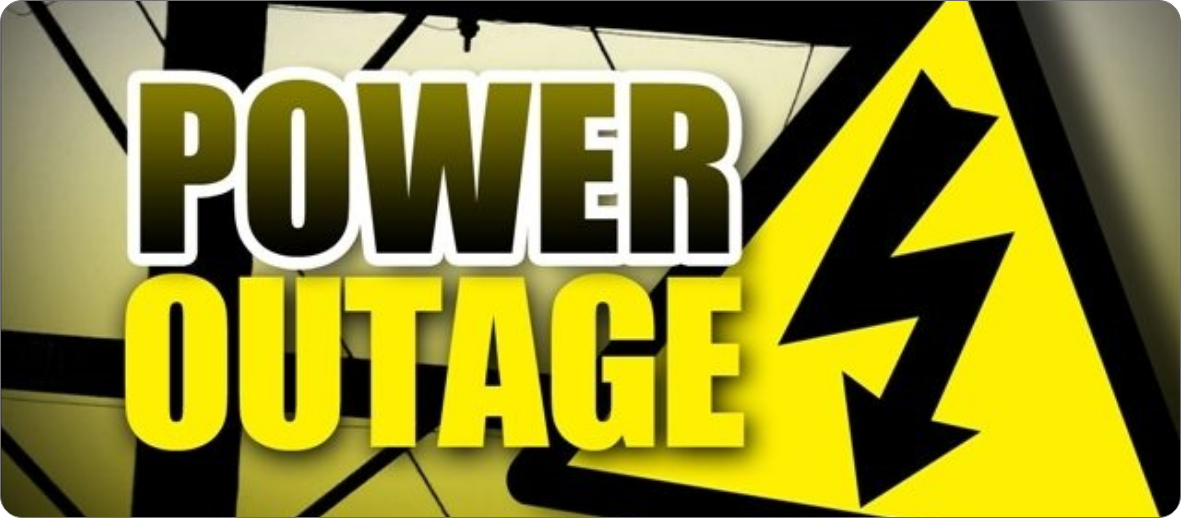 Before an Outage
Before an Outage
-
Keep a flashlight, battery-operated weather radio, and several batteries handy. Batteries that sit idle for a long time may lose their efficacy. Check the battery charge every three to six months.



It doesn’t take an emergency for a power outage to occur, but those lasting a long time can be disastrous. If you rely on electricity to power home health or life-sustaining equipment, having a backup power source and outage plan is critical.
 Before an Outage
Before an Outage
Keep a flashlight, battery-operated weather radio, and several batteries handy. Batteries that sit idle for a long time may lose their efficacy. Check the battery charge every three to six months.
Consider purchasing a backup generator if you need to power life-sustaining equipment (wheelchairs, ventilators, O2 compressors, etc.) or other critical needs. A backup generator might simply also be a convenience during pressing times.
Keep all RV/camper appliances/facilities in good repair, as these may support you in a power outage.
Keep a list of utility company phone numbers and websites.
 During an Outage
During an Outage
Assess whether the outage is isolated to your home, block, or neighborhood. Check your fuse box and note any blown fuse. Reset any tripped circuit breaker. Call neighbors to see if others are without power.
Call your local electric provider to report the power outage.
Try to keep your refrigerator closed. According to foodsafety.gov, perishable food can last for 4 hours in a power outage. Discard anything that has been above 40° F for longer, especially milk, eggs, and raw meat or fish. Likewise, discard any food in a freezer that is unpowered for several hours. Err on the side of caution. Foodborne illness can be very serious or even fatal. See www.foodsafety.gov/keep/charts/refridg_food.html for helpful guidelines.
 After an Outage
After an Outage
Check that all systems are working properly.
Track and report food loss to your insurer.